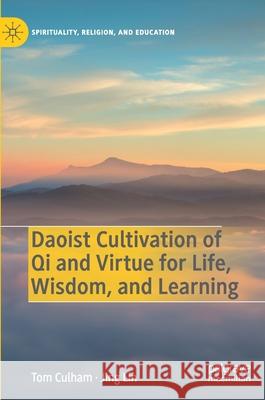Daoist Cultivation of Qi and Virtue for Life, Wisdom, and Learning » książka
topmenu
Daoist Cultivation of Qi and Virtue for Life, Wisdom, and Learning
ISBN-13: 9783030449469 / Angielski / Twarda / 2020 / 210 str.
Daoist Cultivation of Qi and Virtue for Life, Wisdom, and Learning
ISBN-13: 9783030449469 / Angielski / Twarda / 2020 / 210 str.
cena 403,47
(netto: 384,26 VAT: 5%)
Najniższa cena z 30 dni: 385,52
(netto: 384,26 VAT: 5%)
Najniższa cena z 30 dni: 385,52
Termin realizacji zamówienia:
ok. 22 dni roboczych.
ok. 22 dni roboczych.
Darmowa dostawa!
Kategorie:
Kategorie BISAC:
Wydawca:
Palgrave MacMillan
Seria wydawnicza:
Język:
Angielski
ISBN-13:
9783030449469
Rok wydania:
2020
Wydanie:
2020
Numer serii:
000849742
Ilość stron:
210
Waga:
0.42 kg
Wymiary:
21.01 x 14.81 x 1.42
Oprawa:
Twarda
Wolumenów:
01
Dodatkowe informacje:
Wydanie ilustrowane











